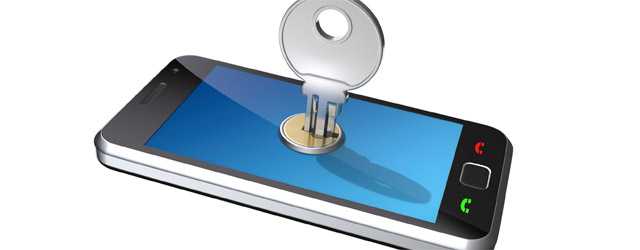
In March 2013, the White House received a petition with more than 114,000 signatures asking for the complete legalization of cell phone unlocking. Their response was as follows:
“The White House agrees with the 114,000+ of you who believe that consumers should be able to unlock their cell phones without risking criminal or other penalties…. If you have paid for your mobile device, and aren’t bound by a service agreement or other obligation, you should be able to use it on another network. It’s common sense, crucial for protecting consumer choice, and important for ensuring we continue to have the vibrant, competitive wireless market that delivers innovative products and solid service to meet consumers’ needs.” (source)
Less than a week later, the Senate introduced the Wireless Consumer Choice Act. Championed by Amy Klobuchar (D-MN), Richard Blumenthal (D-CT) and Mike Lee (R-UT), this act, if passed, will legalize the unlocking of cellphones that are not under a current service contract. Klobuchar went on the record to say:
“Consumers should have flexibility and choice when it comes to their wireless service and they deserve to keep and use cell phones they have already purchased.” (source)
The impetus for this movement came from a move in January by the Library of Congress that stated that consumers had to receive permission from their wireless carrier in order to unlock your cell phone. The Senate bill was followed up by a companion legislation in the House, headed by Rep. Anna Eshoo (D-CA).
The support behind the legislation is impressive and many believe that it will help protect the rights of the consumer as well as improve the health and competition of the wireless market.
